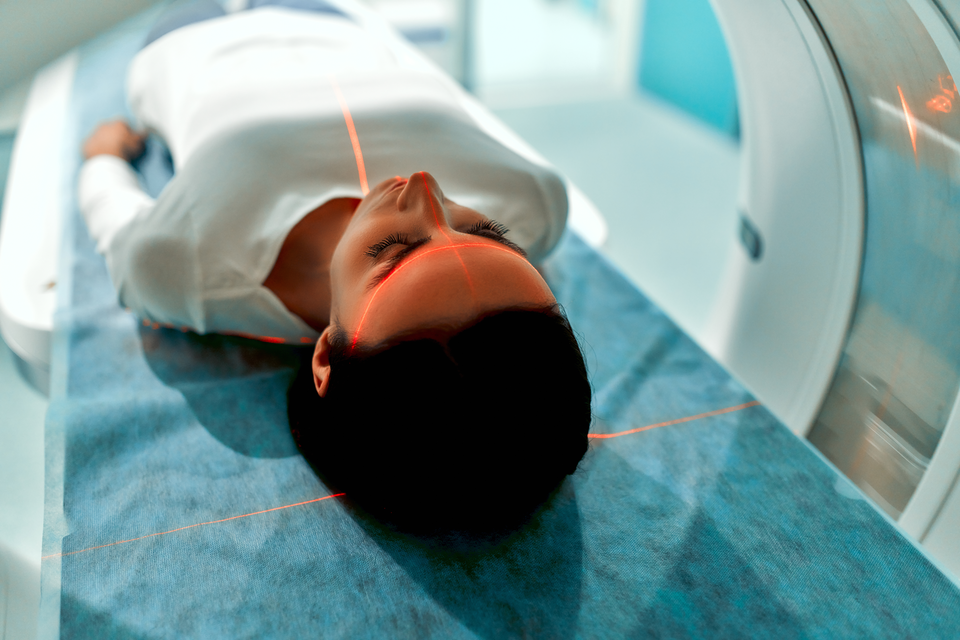
Healthcare networks turn to novel solutions to tackle backlog of delayed procedures
The Covid-19 pandemic has proven the ground for testing decentralised healthcare solutions, which has shown promising results for the present and the future.
The Covid-19 pandemic caused elective medical procedures to be delayed, as healthcare resources were rerouted to treat rising case numbers.
This has led to a backlog of procedures that needs to be addressed to ensure that the standard of care is maintained. Some countries have turned to remote solutions in an effort to reduce the backlog without overburdening hospitals, potentially providing glimpses of a decentralised healthcare model.
As SARS-CoV-2 coronavirus began to spread in early 2020, many countries halted elective medical procedures, diverting their resources towards combatting Covid-19.
As a result, healthcare providers are now facing an enormous increase in demand for elective procedures, driven by the substantial number of delayed procedures from the past year.
To ensure people are treated in a timely manner, countries have relied on a variety of methods to work through the backlog quickly and efficiently.
The UK’s National Health Service (NHS) recently announced several new initiatives to address the backlog of procedures. For diagnostic tests, hospitals were given increased budgets to purchase mobile computed tomography (CT) and magnetic resonance imaging (MRI) scanning trucks.
These trucks have all the necessary equipment to perform CT or MRI scans built-in and can be moved from hospital to hospital, or potentially other areas, to target where the need is greatest without relying on hospital space or resources.
Additionally, the NHS will continue to support the use of ‘virtual wards,’ where patients are monitored from home and checked on regularly via telehealth. This has allowed patients to continue receiving care while freeing up hospital beds and reducing the risk of Covid-19 transmission.
The pandemic has boosted these decentralised care strategies and they are expected to stay. Beyond CT and MRI scans, other types of diagnostic procedures can be made mobile, allowing governments to target help towards vulnerable populations.
‘Virtual wards’ or in-home care is also expected to grow, as next-generation technology, like 5G and Cloud computing, allow advanced health metric sensors to be easily used at home while reporting data in real time to a physician.
Overall, the pandemic has provided an ideal testing ground for a decentralised model of healthcare and the results have been promising.
For more insight and data, visit GlobalData's Medical Intelligence Centre
COMMENT from